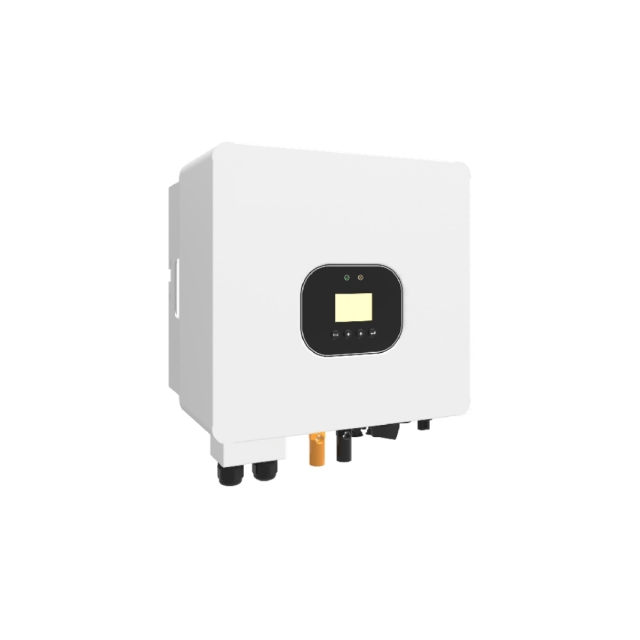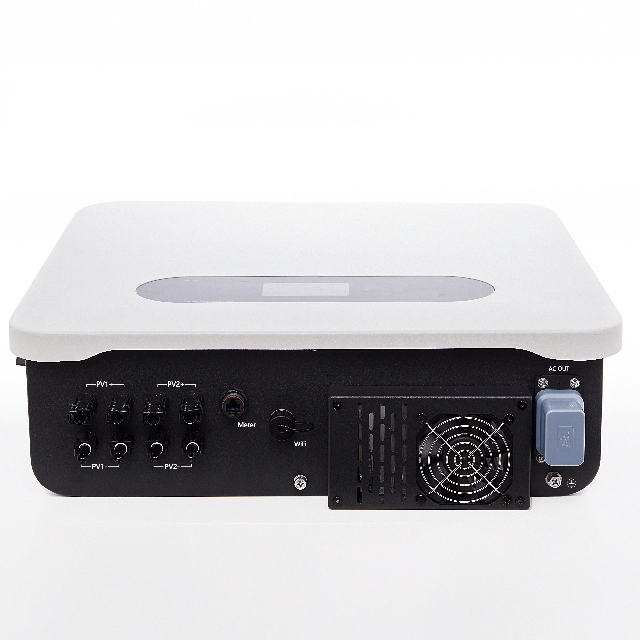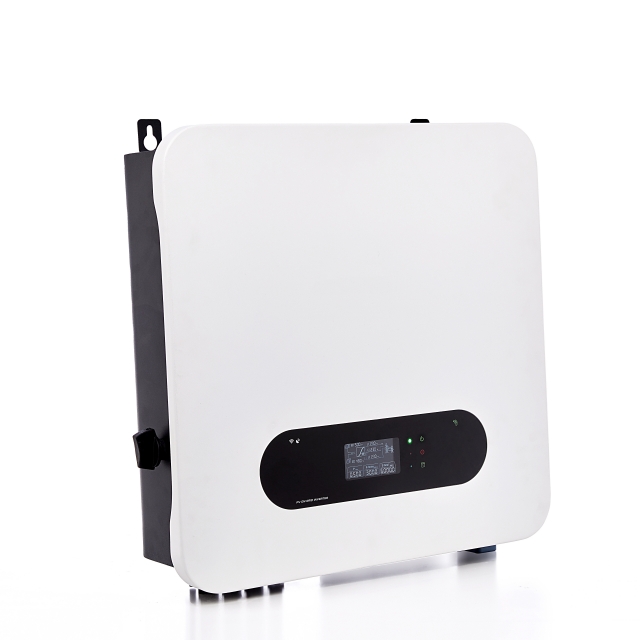Author:BLD Solar Energy SystemFROM:Solar System Converter Manufacturer TIME:2024-02-23
Unveiling the Technical Features of Intelligent Hybrid Inverters

In recent years, the photovoltaic (PV) industry has been rapidly progressing, driven by the increasing demand for renewable energy sources. Among the advancements in this field, intelligent hybrid inverters have emerged as a crucial component in solar power systems. These inverters are designed to efficiently convert the direct current (DC) generated by solar panels into alternating current (AC) usable by households and businesses. This article aims to delve into the technical features of these intelligent hybrid inverters, shedding light on their functionalities and benefits.
One of the standout features of intelligent hybrid inverters is their high efficiency and performance. These inverters employ advanced Maximum Power Point Tracking (MPPT) algorithms, which optimize the energy extraction from solar panels. By continuously tracking the maximum power point, these inverters ensure that the solar panels operate at their optimum output and maximize energy harvest. This leads to increased overall system efficiency, allowing users to obtain more electricity from their PV installations.
Moreover, intelligent hybrid inverters often include multiple MPPT inputs, which enable the connection of multiple strings of solar panels with different orientations or shading conditions. The independent MPPT inputs allow each string to operate at its optimal power point, further enhancing the overall efficiency and performance of the solar power system.
Another key feature of intelligent hybrid inverters is their integration with battery management and energy storage systems. These inverters are designed to work seamlessly with different types of batteries, such as lead-acid, lithium-ion, or flow batteries. The integration allows the smooth charging and discharging of batteries, optimizing their lifespan and performance.
Furthermore, intelligent hybrid inverters incorporate smart energy management algorithms that prioritize the use of stored energy when the demand is high or during peak electricity tariff periods. This feature not only reduces reliance on the grid but also enables significant cost savings by utilizing the stored energy during expensive electricity periods.
In addition, these inverters often come equipped with advanced monitoring and control capabilities, allowing users to monitor the battery status, energy flow, and overall system performance through mobile apps or online platforms. This remote monitoring and control feature provides users with real-time information and enables them to adjust s

Intelligent hybrid inverters also offer grid interaction capabilities, which enable them to seamlessly switch between grid-tied and off-grid modes. In grid-tied mode, excess energy generated by the solar panels can be fed back into the grid, allowing users to benefit from feed-in tariffs or earn credits for the surplus electricity produced. On the other hand, in off-grid mode, the intelligent hybrid inverters can operate as standalone systems, providing uninterrupted power supply during grid outages or in remote areas without access to the utility grid.
Moreover, some intelligent hybrid inverters feature an emergency power supply function, which can provide power to essential loads during power outages. By utilizing the energy stored in batteries, the

Intelligent hybrid inverters have revolutionized the photovoltaic industry by combining advanced functionalities such as high efficiency, battery management, grid interaction, and emergency power supply. These technical features not only enhance the overall performance and reliability of solar power systems but also contribute to the transition towards cleaner and more sustainable energy sources. As the demand for renewable energy continues to grow, intelligent hybrid inverters will play a crucial role in maximizing the potential of solar power and shaping a greener future.
